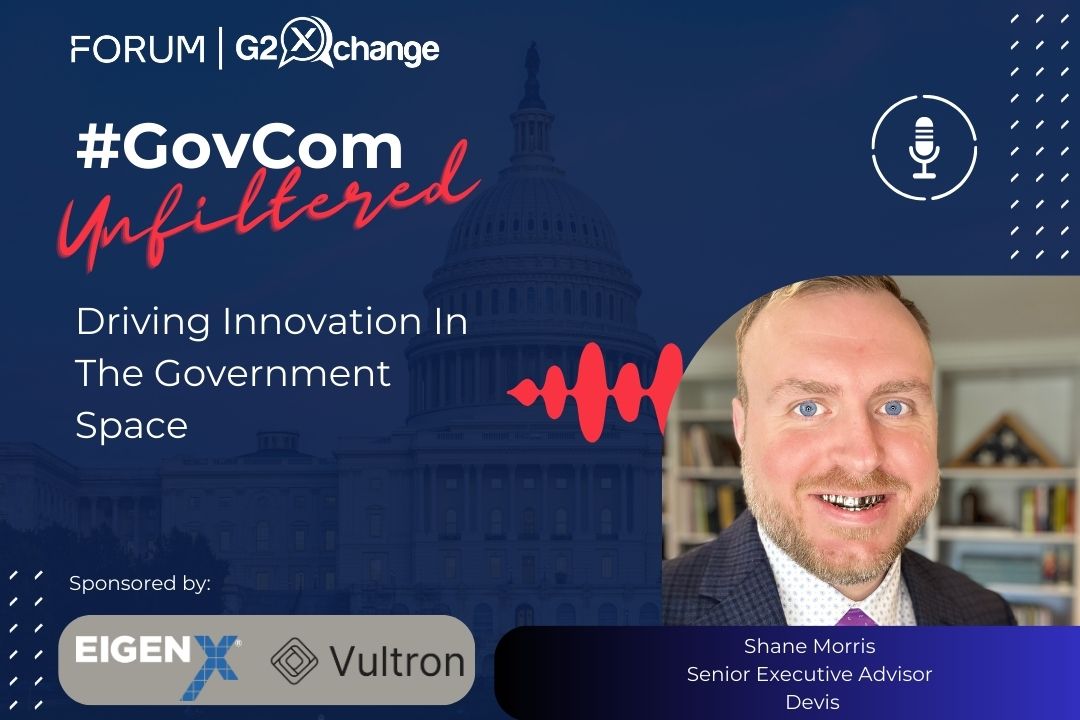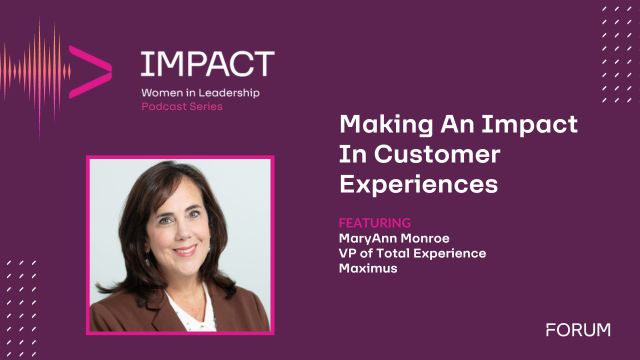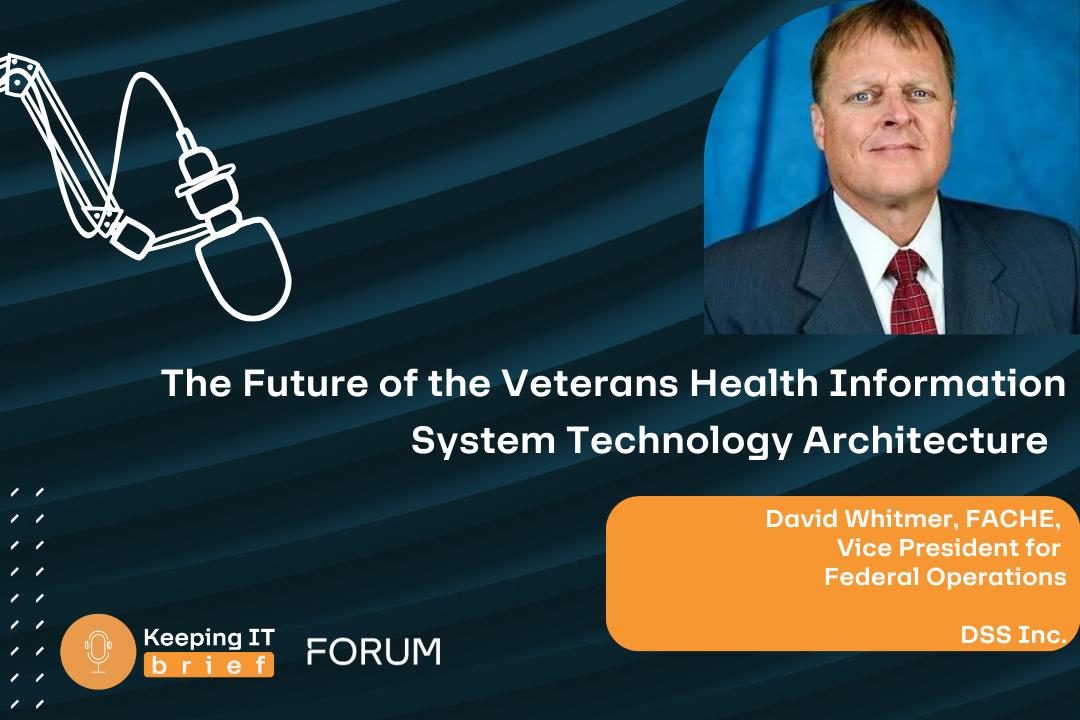By Rob Carey, President, Cloudera Government Solutions
Emerging technologies centered around data processing and advanced analytics (AI/ML) have transformed healthcare capabilities and significantly improved the overall state of patient care. As healthcare organizations continue to modernize, the role of data plays an integral part in ensuring a successful and impactful effort for all patients.
With data at its core, precision healthcare is a rapidly evolving approach that tailors treatment plans and prevention strategies to the unique characteristics of each patient, rather than a generalized approach that simply matches the treatment to the disease.
Precision healthcare leverages data and AI-powered advanced analytics to predict and prevent disease and identify the most effective specific course of action for each patient. By focusing on the individual and various factors or symptoms, healthcare providers can deliver a more accurate and effective treatment regimen.
The ability to analyze data at a granular level unlocks a new level of accuracy for the healthcare industry. Armed with this specific data for each individual patient, healthcare organizations and federal health agencies can have a greater impact on mission-critical operations.
The federal government has continued to prioritize the role of data within public health, with recent efforts such as the Center for Disease Control publishing its first ever public health data strategy. This is set to deliver public health information and guidance to Americans, helping the nation become response-ready to improve overall health outcomes.
It’s evident that as the federal government continues to amplify the critical role of data, healthcare organizations must also understand the power of data when managed and analyzed effectively.
The Core of Precision Healthcare
To effectively utilize these transformative practices such as precision healthcare, organizations need to deploy the necessary tools (modern data architecture using an open Data Lakehouse) to harness mass amounts of data from a variety of sources. This will better equip healthcare providers with a more comprehensive understanding of each patient’s unique health profile and continue to spark innovation in the healthcare industry.
The precision healthcare approach relies on the ability to collect and analyze mass amounts of data from a wide range of sources. This data can perform a number of lifesaving functions, such as identifying early warning signs of potential health problems, provide warning of any adverse reactions to the individualized healthcare plan, and help close gaps in healthcare.
By measuring data from a variety of sources, such as electronic health records or portable devices, healthcare providers can better monitor patient health and solve any issues before they become too serious. As a result, healthcare providers can intervene at an earlier stage, and mitigate the threat of a serious complication.
Personalization through Machine Learning and AI
Healthcare organizations can also deploy machine learning algorithms to analyze a patient’s health status to identify any potential genetic pitfalls that might indicate if a particular treatment will be more effective than others. Likewise, researchers can identify new patterns and relationships presented by the patient for the development of enhanced treatments or prevention strategies.
Through ML and AI technology, this information can then be used to develop a personalized prevention and screening plan, bypassing tedious processes at risk of any interpretive or perception errors. These algorithms powered by healthcare data can be a key factor that differentiates from previous treatment plans, especially when dealing with life-threatening diseases. For example, the ability to detect cancerous tissue or predict potential heart disease can be accomplished using these tools refined for each individual’s data, thereby personalizing treatments.
While these uses for data yield considerable results, the use of data in precision healthcare also presents several challenges – gathering and comparing vast amounts of data can be an overwhelming undertaking for any healthcare organization as this data must be accurate to ensure successful analysis and effective decision-making in real-time.
As a result, healthcare teams seeking innovative solutions and practices must ensure the correct AI and ML tools are in place to manage and analyze data across the full data lifecycle.
With a shift in industry towards AI and ML technologies, which can be attributed to a greater awareness and understanding of how they can be used, both employees and employers now believe it will help them thrive in the future, allowing organizations to better support patients.
Utilizing a Hybrid Cloud Architecture
Healthcare organizations ingest, process, store and analyze mass amounts data to carry out services effectively. The need to collect and analyze data from a wide range of sources can present an overwhelming challenge for healthcare organizations. Given the mass amounts of data healthcare organizations manage daily, they must be able to capitalize on the value of all their data and quickly transform it into actionable insights without disrupting patient care.
A hybrid data platform can alleviate this burden by empowering healthcare providers to analyze data across the full data lifecycle – data distribution, data engineering, data warehousing, data science, and ML and ultimately, AI. This enables real-time insights for informed decision making, especially during critical moments in patient care when any singular decision can change the patient’s trajectory and outcome.
Data plays an integral role in the innovation of the healthcare industry. As seen through precision healthcare, this presents a tremendous opportunity for healthcare providers to enhance patient outcomes and increase the speed and accuracy at which diagnoses, and treatment plans are presented. Utilizing a hybrid-cloud approach will also ensure healthcare organizations are properly equipped to manage the influx of data to better serve the patient lifecycle.












